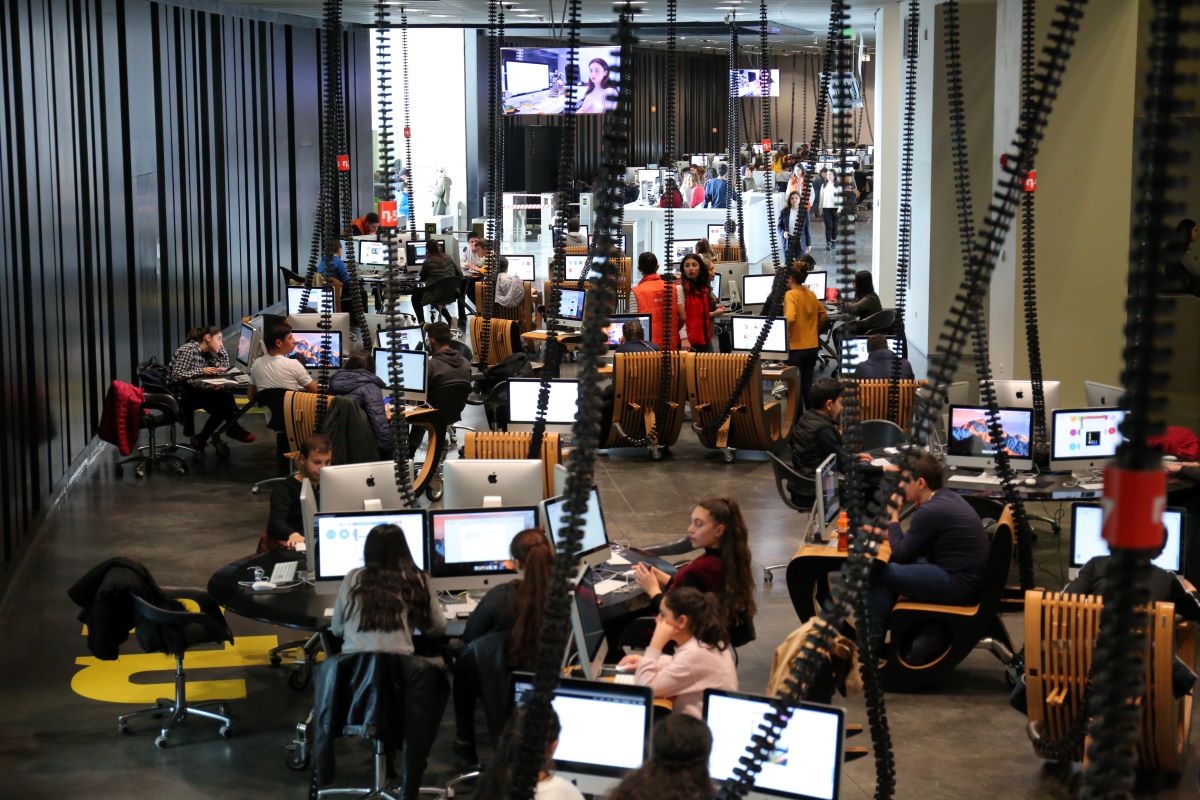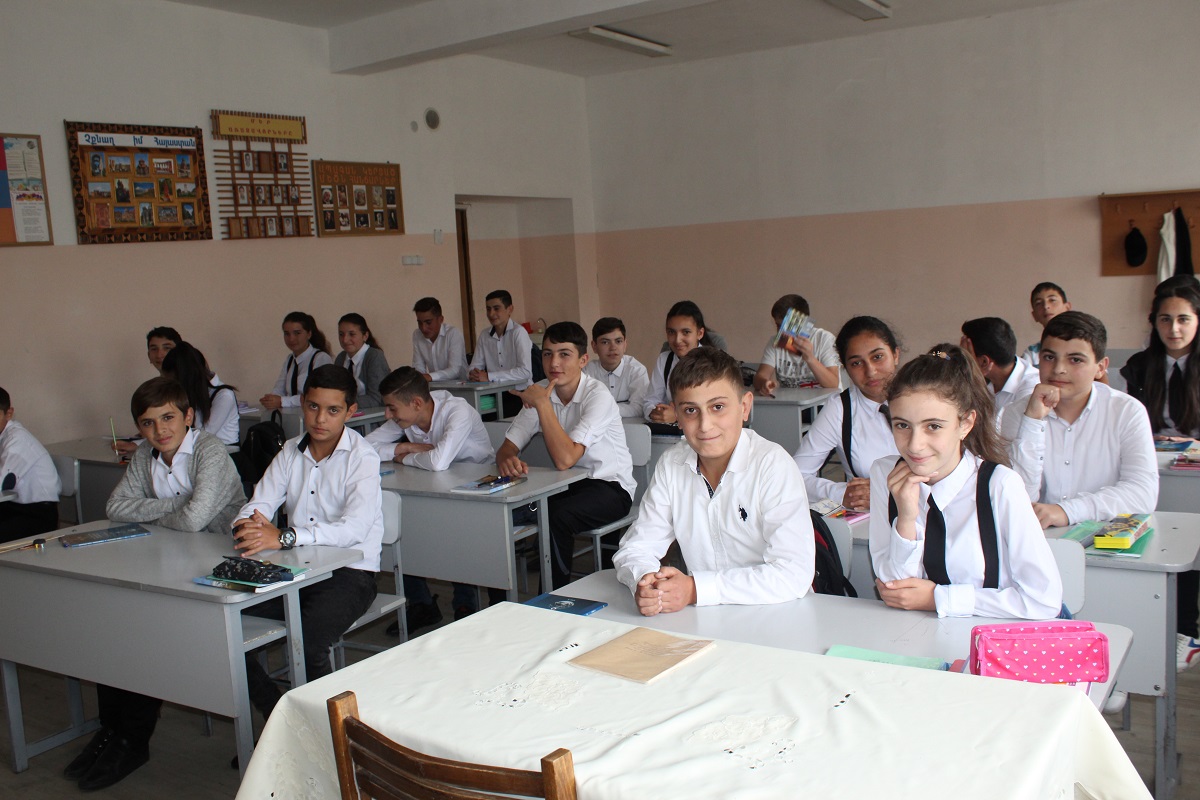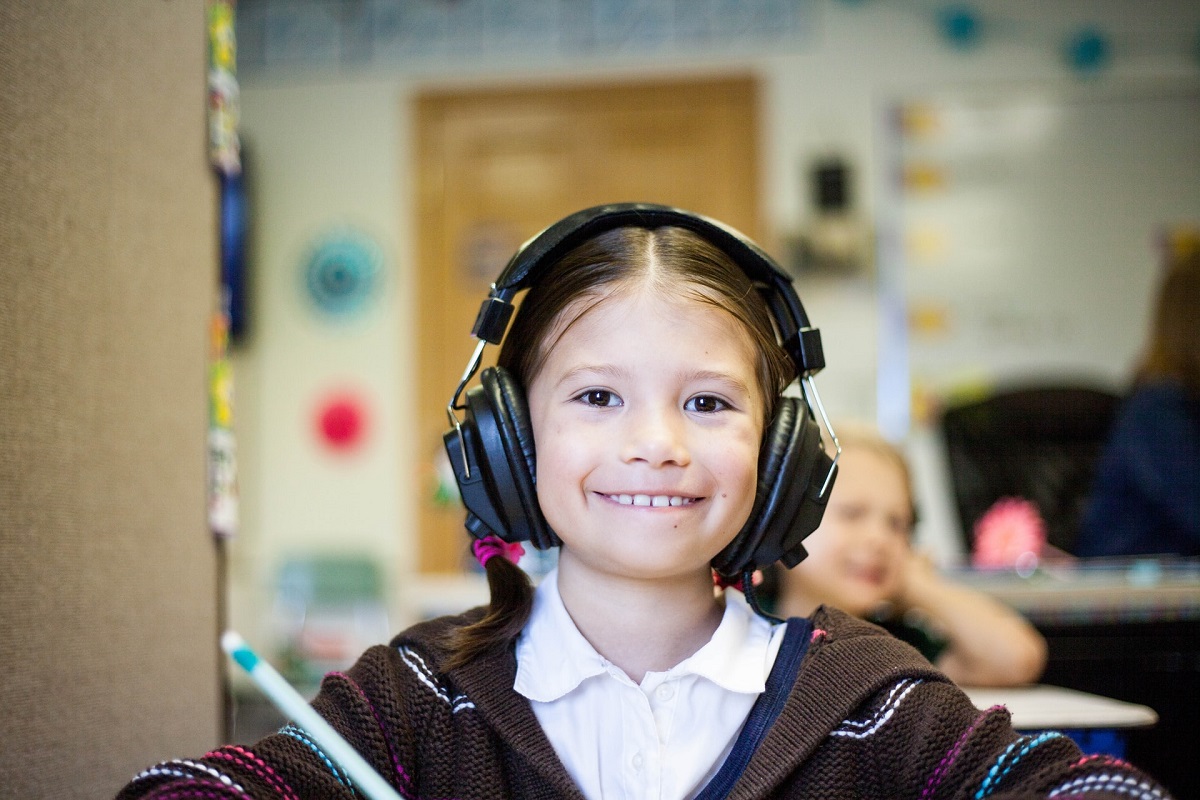Generation AI: Armenia’s experimental education project
Armenian schools implement AI Generation program
An experimental Generation of Artificial Intelligence project has been launched in 15 schools across Armenia. This three-year educational program, aimed at students in grades 10-12, started in September 2023. The initiative allows students to dive deep into mathematics, programming (Python), and the basics of artificial intelligence. Participants will also work on practical AI projects to gain essential skills for pursuing further education in the field.
Schools were selected for the program through a competitive process. According to the Ministry of Education, Science, Culture, and Sports, the criteria included the quality of English language instruction, the presence of advanced mathematics clubs, qualified teaching staff, and adequate school infrastructure. The program is being carried out in partnership with the Foundation for Armenian Science and Technology (FAST).
- Armenian children lead world in sugar consumption, sparking health concerns
- Teacher salary increases: Educational reforms continue in Armenia
- Debed – Armenia’s first SMART village
“Using AI to cure terminal diseases is my dream”
The program includes 420 high school students from the selected schools.
Elen Davtyan, an 11th-grade student at Yerevan High School No. 198, is among the participants. She shares that her interest in artificial intelligence began years ago, and she has read extensively about the field and its advancements. When she discovered the “Generation of AI” program, she transferred from her previous school to join.
For the past year, Elen and her classmates have been studying the Python programming language. This academic year, they also began learning a new subject: “Artificial Intelligence.”
“Python was completely new and exciting for me. I especially came to love it because of our teacher. AI, however, feels more challenging. Applying this knowledge takes greater effort and energy,” she says.
Despite the difficulties, Elen is determined to excel in artificial intelligence and make her dream a reality:
“My dream is to master the skills needed to make diseases like cancer and periodic disease curable with the help of artificial intelligence. I am confident that AI will contribute to Armenia’s progress and global recognition. I’ll do everything I can to help bring that day closer.”
How Generation of AI program empowers students
Computer vision specialist Alla Barseghyan teaches at schools in Yerevan and Razdan. She notes that students show great enthusiasm for studying AI and the Python programming language:
“Teenagers view this knowledge as an opportunity to pursue further education in information technology or artificial intelligence. Students with strong math skills, in particular, are eager to deepen their understanding in these areas and gain foundational knowledge while still in school.”
As an instructor, Barseghyan aims to provide her students with as much knowledge as possible, equipping them to solve basic problems now, which will make their university studies easier in the future.
“It takes a lot of effort”
“Artificial intelligence is now applied everywhere. In this technological era, it is crucial to introduce children to AI and its applications from an early age, preparing them to become the creators of future AI models and systems,” the Ministry of Education, Science, Culture, and Sports stated in response to our written inquiry about the project’s goals.
The program is expected to equip graduates with foundational knowledge and the motivation to pursue further education in this field.
Experts also highlight the significance of launching such an experimental program.
“Armenia already offers undergraduate programs specializing in AI. This project is an attempt to introduce the subject at the high school level, encouraging students to consider careers related to artificial intelligence. It’s an important experiment, and significant effort is needed to achieve maximum results and increase the flow of graduates into AI-related professions,” says Hrant Khachatryan, head of the Machine Learning Research Group at YSU and director of the YerevaNN Lab.
Expected outcomes
The introduction of innovative solutions as part of this program is expected to significantly enhance the effectiveness of Armenia’s education system. It is also anticipated to increase the number of students enrolling in university programs focused on AI and related fields.
“The geopolitical situation and Armenia’s limited natural resources demand the adoption of innovation. AI could become the technological tool that unlocks new opportunities for the country’s development. Armenia has the potential to position itself as an innovation hub in AI,” the Ministry of Education stated.
Hrant Khachatryan, an expert in the field, offers a more cautious view on this vision:
“If by innovation hub we mean creating something similar to Silicon Valley, that’s likely unrealistic, primarily because of our small population. However, improving the quality and quantity of specialists in this field could play a significant role in generating value on a global scale.”
He is confident that if Armenia can produce a few hundred highly qualified specialists, it will become more attractive to major international companies in terms of investment and collaboration with Armenian talent:
“This would represent a global-level achievement and a significant value. It would also strengthen Armenian companies. Currently, we are integrating AI developed by others into our businesses, but with a larger pool of skilled local specialists, we could develop our own advanced technological products. That would benefit both individual companies and the nation as a whole.”
Representatives from the Foundation for Armenian Science and Technology (FAST), a partner in the project, point to Armenia’s long-standing professional potential in this area. They believe that “Armenia has the capability to secure a leading and influential position in global innovation.”
At the same time, they acknowledge the current shortage of specialists, which is a critical barrier to Armenia’s competitiveness in the global market.
Program’s areas of impact
Teaching AI to young people will contribute to the development of various sectors, says educator Alla Barseghyan:
“It’s crucial to harness these opportunities, particularly in the defense sector. This could be beneficial and might even start during mandatory military service, where conscripts could apply their AI knowledge and skills.”
She also highlights the program’s potential impact on the economy:
“The world is increasingly moving toward digitalization and solving business challenges using AI technologies. If we can cultivate a large pool of specialists capable of addressing business needs through AI, they will not only drive individual business growth but also improve the overall economic health of the country.”
Another important aspect of the program’s influence lies in enhancing the quality of education.
“Through the ‘Generation of Artificial Intelligence’ project, we can build a more advanced society by encouraging creative thinking. By integrating high-quality, innovative education into schools, we enable people to grow into thinkers and creators rather than simply executors.”
Global experience and future outlook
The Ministry of Education notes that international experience is being continuously studied throughout the program’s implementation “to maintain its competitiveness and alignment with global trends.”
Both organizations driving the program aim to position Armenia as a leader in advanced AI education on the international stage. For example, FAST promoted this vision during UNESCO’s “Digital Learning Week” conference held just before the start of the academic year.
According to the McKinsey Global Institute, by 2030, approximately 70 percent of organizations will be utilizing AI technologies, enabling significant economic advancements.
The 2023 World Economic Forum (WEF) report predicts a 40 percent increase in demand for AI specialists over the next five years, which will play a key role in transforming industries.
If these predictions hold true, meeting the growing demand for AI professionals will be a major challenge, says Hrant Khachatryan, director of the YerevaNN Lab. However, he remains confident that the coming years will be decisive—not just for Armenia, but for any nation:
“The global need for AI specialists will only continue to expand. It’s vital to train a large number of highly qualified professionals to position Armenia effectively and ensure its active role in the sector’s development. The country that trains the most specialists will claim the largest ‘share’ of the market.”
Armenian schools implement AI Generation program
























